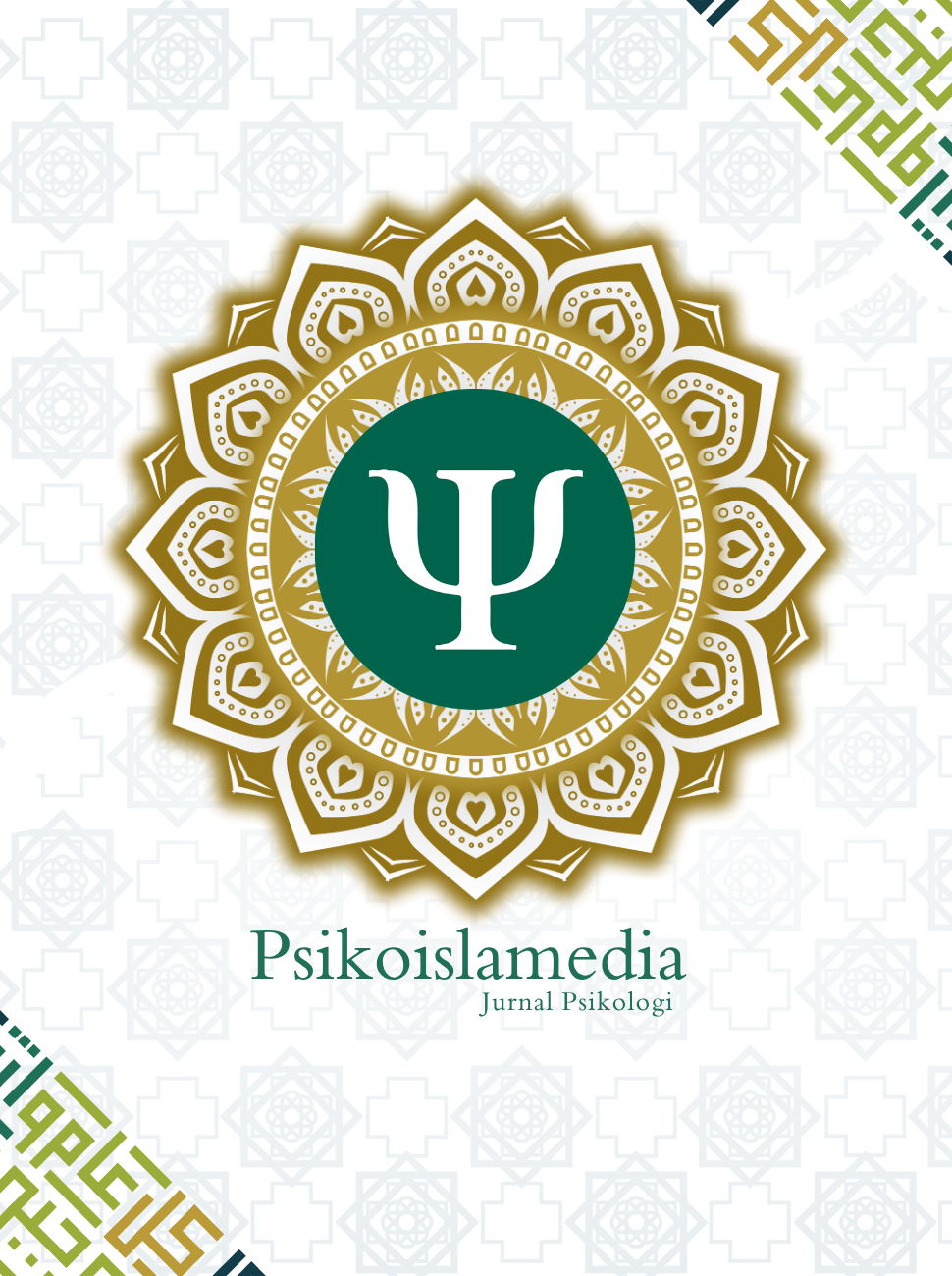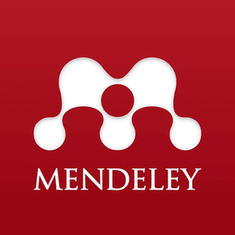The Influence of Openness on the Risk Management of "X" University Students Who Use Artificial intelligence in Malang City
DOI:
https://doi.org/10.22373/psikoislamedia.v9i1.22667Keywords:
Openness, Risk Management, Students, Artificial intelligenceAbstract
This research was conducted with the aim of exploring the level of openness and risk management abilities possessed by "X" University students in Malang City regarding the development of artificial intelligence (AI) technology in the millennial era. Using a quantitative approach and probability sampling method, 377 respondents became research subjects. The research results show that the majority of students show a sufficient level of openness (78.26%), although their risk management towards AI tends to be high (47.5%). Further analysis revealed that openness had a significant influence on students' risk management abilities (p < 0.05). In conclusion, these findings highlight the need for a balanced approach between openness to innovative technology such as AI and awareness of the importance of risk management in dealing with its impact, especially for academic communities such as students at "X" University in Malang City.
References
Andi, W, A. E. C. G. (2021). Pengaruh Openness Dan Entrepreneurial Selfefficacy Terhadap Entrepreneurial Intention Dimoderasi Entrepreneurship Education Dan Gender. Ultima Management, 13(1), 62–73.
Ahmed, A., Kayis, B., & Amornsawadwatana, S. (2007). A review of techniques for risk management in projects. In Benchmarking (Vol. 14, Issue 1, pp. 22–36). https://doi.org/10.1108/14635770710730919
Fachrezi, M. I. (2021). Manajemen Risiko Keamanan Aset Teknologi Informasi Menggunakan Iso 31000: 2018 Diskominfo Kota Salatiga. JATISI (Jurnal Teknik Informatika dan Sistem Informasi), 8(2), 764-773.
Fatkhullah, M., Habib, M. A. F., & Nisa, K. K. (2022). Identifikasi dan Manajemen Risiko untuk Mereduksi Kerentanan Pada Masyarakat. Ekonomi, Keuangan, Investasi Dan Syariah (EKUITAS), 3(4), 856–867. https://doi.org/10.47065/ekuitas.v3i4.1529.
Hastini, L. Y., Chairoel, L., & Fitri, M. E. Y. (2021). Analisis Peranan Literasi Teknologi dan Informasi Sebagai Variabel Moderating Dalam Hubungan Openness To Expereience, Conscientiousness, Agreeableness, Serta Neuroticism Dengan Perencanaan Karier Pada Generasi Z di Universitas Dharma Andalas. Majalah Ilmiah UNIKOM, 19(2), 69-76.
Marketeers.com (2023, 20 Juni). Populix: 45% Masyarakat Telah Gunakan Teknologi AI untuk Efektivitas Kerja. Diakses pada 10 September 2019, dari https://www.marketeers.com/populix-45-masyarakat-telah-gunakan-teknologi-ai-untuk-efektivitas-kerja/
Misnawati. (2023). ChatGPT: Keuntungan, Risiko, Dan Penggunaan Bijak Dalam Era Kecerdasan Buatan. In Jurnal Prosiding Mateandrau (Vol. 2, Issue 1).
Prasetyo, A., Setyaning, tari, & Riyanto, E. (2023). Literature Review: Analisis Manajemen Risiko Pada Proyek. 8(1).
Rahmawati, I. (2017). Analisis Manajemen Risiko Ancaman Kejahatan Siber (Cyber Crime) dalam Peningkatan Cyber Defense. Jurnal Pertahanan & Bela Negara, 7(2), 35-50.
Revelia, M., Psikologi, F., Syarif, U., & Jakarta, H. (2016). Pengaruh Big Five Personality Dan Adversity Quotient Terhadap Psychological Well-Being San-tri Pondok Pesantren Darul Muttaqien Pengaruh Big Five Personality Dan Adversity Quo-Tient Terhadap Psychological Well-Being Santri Pondok Pesantren Darul Muttaqien.
Downloads
Additional Files
Published
Issue
Section
License
Authors who publish in this Journal agree to the following terms:
- Authors retain copyright and grant the journal right of first publication with the work simultaneously licensed under Attribution-ShareAlike 4.0 International (CC BY-SA 4.0) allows others to share the work with an acknowledgment of the work's authorship and initial publication in this journal.
- Authors are able to enter into separate, additional contractual arrangements for the non-exclusive distribution of the journal's published version of the work (e.g., post it to an institutional repository or publish it in a book), with an acknowledgment of its initial publication in this journal.
- Authors are permitted and encouraged to post their work online (e.g., in institutional repositories or on their website) prior to and during the submission process, as it can lead to productive exchanges, as well as earlier and greater citation of published work. (See The Effect of Open Acces)














